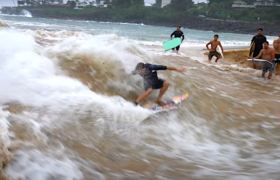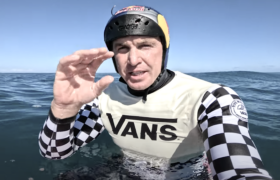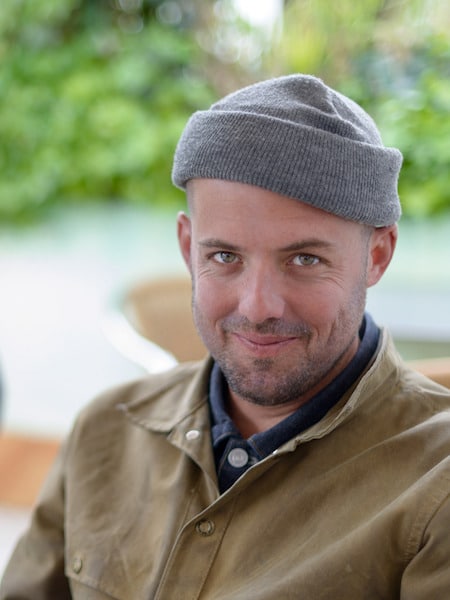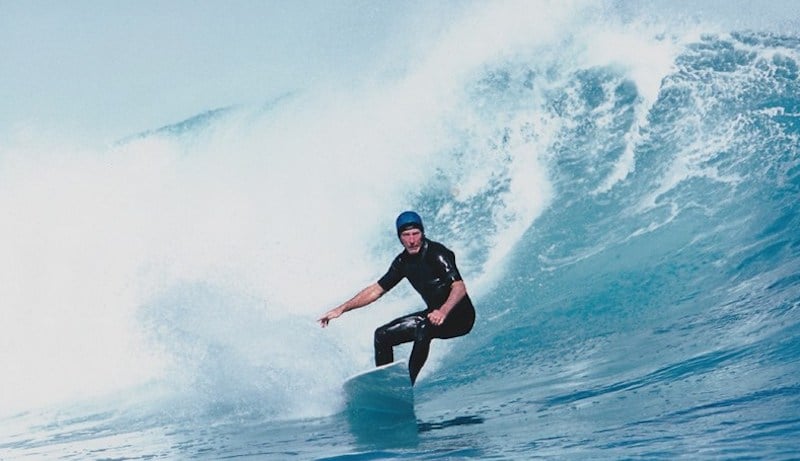"Being a terrorist is a pain in the ass when you aren't spreading terror.”
There is a country, no bigger than greater Chicago, abutting Africa’s horn that appears unremarkable at first glance save its obscene heat, molten lava that regularly bursts through an exceptionally thin crust and being the eponymous star of a poorly received Elmore Leonard novel. If Leonard taught us anything, though, even in his poorly received novels, it is that first glances are never to be trusted.
The fates have tilted Djibouti in such a way as to catch the all the valuable detritus falling from an utterly destroyed Middle East. Or maybe it wasn’t the fates but rather the French. They first saw the strategic importance of this 800 square mile bay at the mouth of the Red Sea and carved it off of Somalia in the mid-1800s. They are still here, making up the country’s largest military force outside of France, wearing short shorts, smoking Gauloises, cursing the heat but have been joined in the past decade by the rest of the world.
The U.S. base occupies Camp Lemonnire, pronounced “Lemon Air” in open derision of the French, just to the south of Djibouti International Airport. It is the United States’ only facility in Africa and houses the joystick pilots who conduct drone strikes on Somali al-Shabab and Yemeni al-Qaeda to the south and east.
France’s European Union frenemies, the Spanish and the Germans, have mustered a few thousand anti-piracy troops. The Germans are billeted at the worst Sheraton on earth, a stinking husk of 1980s grandeur, while the Spanish are billeted at the much nicer Kempinski across. And how must it rankle those Germans to have to bolster the entire Spanish economy while hearing about the crab legs their pirate hunters eat for breakfast.
The Japanese, claiming “maritime nation” status have deployed their own anti-piracy forces that also stay at the Kempinski, away from the Germans, naturally, and near better wi-fi. Their operating base pushes up against the older part of town and is that country’s first overseas military presence since World War II and while they do ostensibly hunt for pirates their navy men mostly guard Japanese fishing ships trolling illegally for sea snails in the Red Sea to satisfy the homeland’s kink for strange ocean fare.
The Chinese, not to be outdone, will open their first overseas military base in six months. The boxy facility that will eventually house some 3000 troops is being built around the bend from American, European and Japanese stations but near new Russian and Saudi positions. They too promise to fight piracy and monitor the situation across the sea on the Arabian peninsula but also seek to expand their growing influence in eastern Africa and, of course, troll illegally for sea snails but also hunt for sunken treasure.
The Russians have protested all these moves at the United Nations, the Saudis have claimed all of this is falling within their sphere of influence, the Americans have flexed by adding more warships and buzzing Chinese islands half way around the world and the French have shrugged while ordering another round of Chateau d’Yquem Sauternes 1998.
It is a mad geo-political ragout. Cold allies and hot adversaries each run live weapon drills and carry out top-secret missions within spitting distance of each other. After hours those who can get day passes mingle in the decrepit, portico’d town center drinking Heineken in shabby joints, where Ethiopian girls shimmy and pimps offer their services for a night, glaring at each other while melting in oven like-heat.
Looking on, drinking surprisingly more expensive Ethiopian beer, are the Somali pirates put out of business by the anti-piracy gold rush. They have been portrayed many different ways by many different visionaries. Paul Greengrass, director of the Tom Hanks vehicle Captain Phillips showed them to be scarily incompetent. Elmore Leonard decided flashy and filled with gold-toothed personality was more apt. I assume neither had ever actually met a pirate nor been to Somalia. The ones I had come in contact with were vacant. Not evil, per se, but without an inborn appreciation of human life. They pirated because it was there, I figure, and once the odds became silly gave it up. I was hanging out with one and wanted to go to a place with internet to check a Los Angeles Dodgers score. He did not want me to so cocked his AK-47 and pointed it at my head. An outlandish response, in my estimation, but not in his.
And even though the pirate is underemployed today, he might not be tomorrow. The non-profit group Oceans Beyond Pirates claims piracy is rebounding but now the targets are smaller private vessels. He is also branching into an increasingly lucrative heroin both hijacking ships carrying product and acting as a middleman, getting product on to cargo ships in Djibouti’s main port bound for Europe and the United States.
Away from the sex, beer and heroin, tucked into chicken restaurants in the crummier part of town, but still plotting the west’s downfall, are Yemeni al-Qaeda put out of home by American drone strikes. Yemen is only 90 miles across the Bab al-Mandab from Djibouti and dhows carrying refugees smashed during the past five years sail to camps in Obok, just across the bay from Djibouti-ville, twice a day. Over 250,00 are there now, mostly from the north and west of the country, waiting for peace. The bulk of the damage inflicted upon their lives comes from Saudi military, the third largest spender in the world after America and China dropping over 87 billion dollars a year on airplanes, tanks and bombs that, until last year, went unused.
The Yemenis running free through the rest of the country, though, are from al-Qaeda held territories in the coastal south. They have been in Djibouti for years and their network is deep and their roots are strong and for the first time since the 1990s Gulf War, back when al-Qaeda was but a glimmer in Osama bin Laden’s eye, the world’s militaries have come to them.
It is a wild underworld bouillabaisse where the old adage the enemy of my enemy is my friend somehow falls apart. The enemy of anyone’s enemy is also an enemy.
Like magic.







